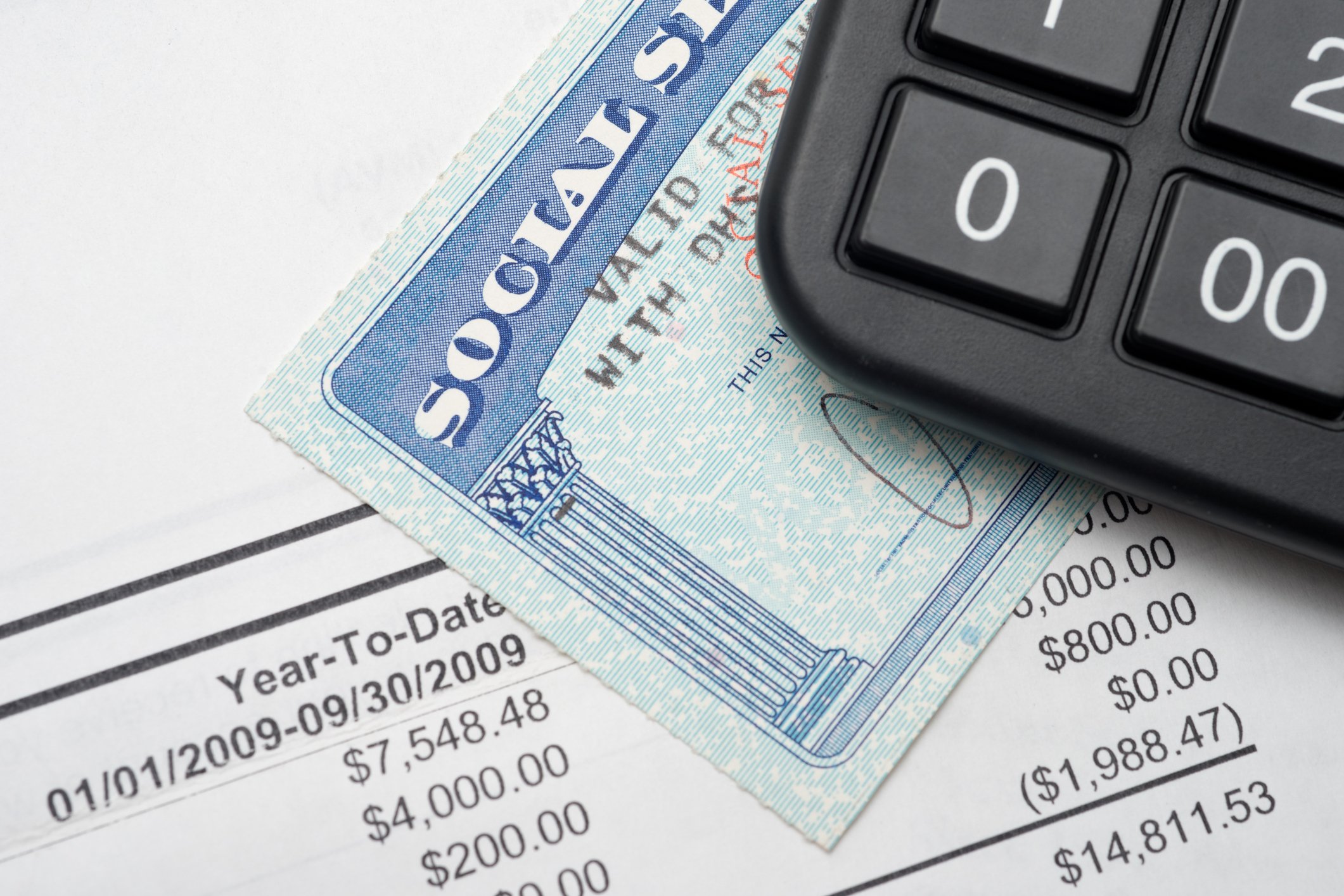Though not every worker has access to a 401(k) plan, those who are eligible to participate in one would be wise to capitalize on that option -- especially as retirement nears. But in a recent survey by Principal Financial Group, roughly 16% of pre-retirees earning $100,000 or more per year are not participating in a 401(k). And that's a mistake they might really regret.
Personal savings are a must for retirement
With pensions being a rarity today, workers need to save at the individual level for a shot at a secure retirement. Social Security, though helpful, can't pay for retirement by itself. Those benefits will only replace about 40% of the average earner's pre-retirement income. Among higher earners, including those making $100,000 or more, it will replace an even smaller percentage.
Meanwhile, most workers today should expect to need a good 70% to 80% of their former income to live comfortably once their careers wrap up. These figures account for expenses that include housing, healthcare (the cost of which tends to increase among seniors), transportation, utilities, food, and entertainment. As such, it's clear that income beyond Social Security is needed, and in the absence of a pension, personal savings are the next best thing.

IMAGE SOURCE: GETTY IMAGES.
The benefits of funding a 401(k)
While there are ways to save money for retirement outside of a 401(k), those who opt to participate in these employer-sponsored plans can benefit in a number of ways. First, it's common practice for companies that offer 401(k)s to match employee contributions to a certain degree. Those matches are effectively free money for retirement.
Secondly, 401(k)s offer much higher contribution limits than IRAs, making them a good choice for pre-retirees who are currently behind on savings. Currently, workers 50 and older can set aside up to $26,000 a year in a 401(k). That number accounts for a $6,500 catch-up provision that younger workers aren't privy to.
What saving in a 401(k) can do for your golden years
Let's imagine you're an older working earning $100,000 a year. That means you should expect to need at least $70,000 a year in retirement. If you file for Social Security on time, you can expect about $33,500 of that to come from your benefits (and possibly more, as that figure is based on the 2020 benefits formula, which could change). But you'll still need another $36,500 per year to live comfortably without making too many lifestyle sacrifices.
Now, let's imagine you're 52, with no retirement savings, but you're planning to work until age 67. If you were to max out your 401(k) at $26,000 for the next 15 years, snag an annual $3,000 match from your employer (which you're allowed to collect on top of your maximum contribution), and invest that account at an average annual 7% return (which is doable for a stock-heavy portfolio), you'd wind up with about $730,000. Withdraw from that balance at an annual rate of 4%, which many financial experts recommend, and you're looking at just over $29,000 per year to supplement your Social Security benefits, getting you pretty close to the annual income you want.
Of course, it's possible to save for retirement without a 401(k). But if you want to benefit from higher contribution limits and valuable employer matching dollars, then a 401(k) is the way to go.





